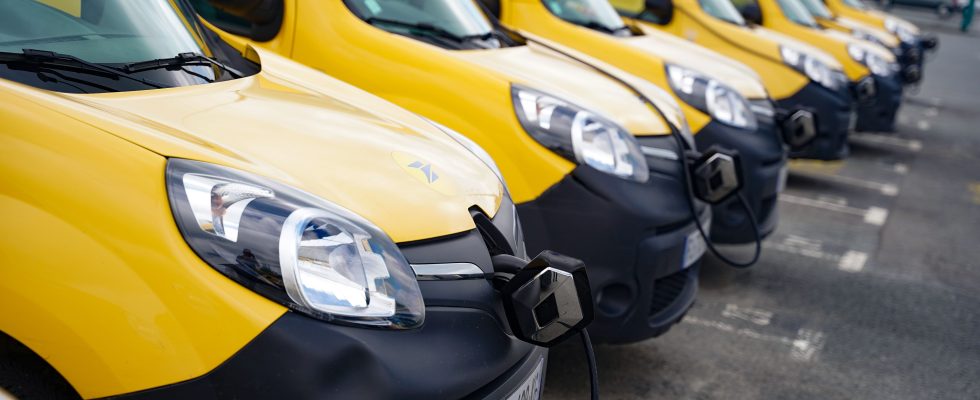It’s a particularly explosive cocktail: rising interest rates, vehicle prices, fuel prices, energy and taxes. Added to this generalized surge is the drop in discounts traditionally granted by manufacturers to professionals. Result ? “Holding costs have increased by 30%,” calculates Philippe Ambon, director of development at Holson, a firm of automotive fleet experts. At the origin of these problems, the Covid epidemic followed by the war in Ukraine which hampered suppliers. With a shortage of products to sell, manufacturers then favored their individual customers to whom they granted five times fewer discounts. “They even canceled orders from major accounts, like a hustle,” recalls Philippe Ambon.
Faced with changing prices and availability, managers have activated several levers to limit the damage. “One of our clients, in the agri-food sector, was no longer able to keep his grid up to date to manage his 1,550 vehicles,” relates Philippe Ambon. Instead of renewing them over time, he opted for a group purchase once a year and he restricted the choice offered to employees from 30 to six models.” An exercise complicated by the integration of non-rechargeable hybrids, a technology that not all brands have. Very offensive, the Quartus group has decided to negotiate directly with suppliers instead of the rental company which manages its contract: insurance, tires and cars. With success, since the promoter obtained greater reductions than those of his rental company. “We extended the duration of our commitment, from thirty-six months with 60,000 kilometers to forty-eight months and 80,000 kilometers, which allowed us to save an additional 5%,” emphasizes Eric Bouis, director of general services. .
In addition, the company has tackled taxation. “Urssaf considers that 30% of trips by a company car are dedicated to personal use and constitute a benefit in kind. Consequently, the monthly rent gives rise to salary and employer charges,” explains Eric Bouis. Paradigm change: a third of the monthly payment is taken from the employee’s salary, which thus contributes to the financing, with a reduction of 40% in social security contributions.
Finally, the conflagration did not spare maintenance costs. “The price of components has increased by 14% on average… with a peak of 50% on gearboxes and up to 94% for exhausts!” chokes up Eve Pietriga, CEO of Vehiposte, the subsidiary of La Poste responsible for its fleet. “From now on, we favor repair over replacement. We require refurbished spare parts and we are starting the dismantling of our vehicles to reuse elements,” continues Eve Pietriga. A pioneer in electrification, the postal group noted that the batteries held up well over time. He then decided to recondition them after six years instead of throwing them away. “Moreover, we encourage manufacturers to provide models adapted to our use: with few kilometers traveled during the day, a small, light and robust battery, consuming less, would be more appropriate than high-power accumulators”, estimates Eve Pietriga . Irreversible, the hunt for waste has begun to the detriment of overly greedy service providers.
